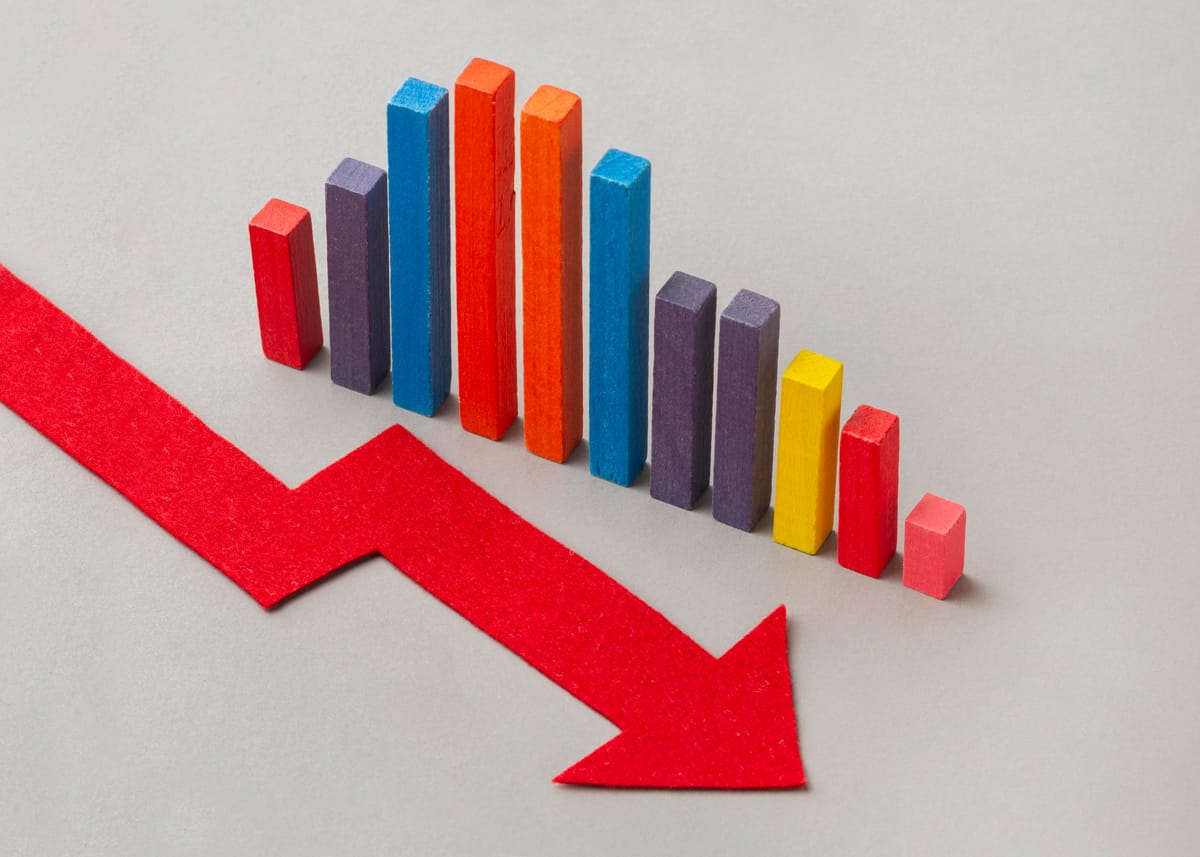U.S. economic stability impacted by global trade risks

Introduction
Navigating U.S. economic stability amid global trade risks has become more crucial than ever. In today's interconnected world, the U.S. economy doesn't stand alone but is closely tied to international trade dynamics. Trade policies, global economic shifts, security risks, and tariffs influence how the economy adapts and sustains. Recently, warnings from the European Central Bank (ECB) have highlighted how vulnerable financial and economic stability can be when faced with regulatory challenges and international economic risks.
The Interplay Between Global Trade Risks and Economic Stability
Global trade risks profoundly influence U.S. economic stability, affecting everything from policy decisions to capital flow patterns.
- Trade Policy Impact: Changes in trade policy can disrupt markets, necessitating quick adjustments.
- Geopolitical Tensions: Political issues can cause economic pressures, affecting both domestic and international stability.
- Capital Flow Disruption: Security risks and tariffs may lead to fluctuation in capital movements, which are critical to economic health.
Understanding these factors is essential for predicting and managing potential economic disruptions in the U.S. and beyond.
ECB's Role in Highlighting International Economic Risks
The European Central Bank plays a pivotal role as a watchdog for financial stability in the global economy. Its insights into economic risks can signal broader issues that transcend borders.
- Financial Stability Watchdog: The ECB's scrutiny offers a global perspective on financial stability.
- Concerns Over Tariffs: Recent ECB warnings about tariffs underscore vulnerabilities in both U.S. and international economies.
- U.S. Policy Pressure: Statements from the ECB may urge U.S. policymakers to consider financial stability measures, highlighting the interconnected nature of global trade risks.
These observations by the ECB signal a need for concerted efforts to maintain economic stability amidst growing challenges.

The Impact of U.S. Trade Policy on the Global Economy
U.S. trade policy wields significant influence over global economic trends, and policy shifts can cause ripple effects worldwide.
- Tariffs and Trade Environment: Imposing tariffs affects international trade relations and market dynamics.
- Cross-Border Disruptions: U.S. trade policies can lead to disruptions in cross-border trade and capital flows.
- Global Market Trends: Policy shifts in the U.S. have the power to alter financial flow patterns and economic stability on a global scale.
These factors underscore the need for balanced and forward-looking trade policies that account for both domestic and international ramifications.

Geopolitical Risks and Their Influence on Stability
Geopolitical risks present challenges to financial stability by affecting economic interactions on the global stage.
- Policy Disagreements: Disputes between nations may lead to security challenges, impacting economic prospects.
- Influence on Financial Flows: Geopolitical events can lead to sudden changes in financial patterns and regulatory demands.
- Cumulative Impact: The interconnected nature of geopolitical tensions creates feedback loops affecting U.S. and global economic stability.
Addressing these risks involves understanding broader economic contexts and being ready to make strategic decisions.
Strategies for Navigating Economic Pressures
In light of these risks, strategizing to protect economic stability is key. Here are some approaches:
- Policy Decisions: Adopting policies that mitigate adverse impacts of trade regulations is crucial.
- Enhancing Resilience: Implementing economic measures to boost the resilience of capital flows can help stabilize markets.
- Proactive Measures: Strengthening regulatory frameworks and encouraging innovation are vital steps towards economic resilience.
By adapting these strategies, the U.S. can bolster its economic stance against ongoing trade uncertainties.
Conclusion
The challenges of navigating U.S. economic stability amid global trade risks require a nuanced understanding of the interplay between domestic policies and international dynamics. As global trade risks evolve, decisive and forward-thinking strategies become essential to maintaining both national and global economic health.




